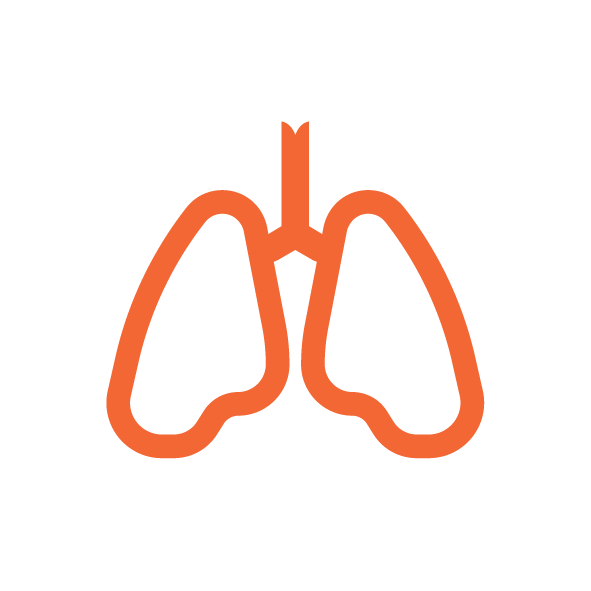The Low-Carbon Ventolin Long-Term Safety Study
Thank you for your interest in our research to develop an environmentally-friendly asthma inhaler.
The Low-Carbon Ventolin Long-Term Safety Study
Thank you for your interest in our research to develop an environmentally-friendly asthma inhaler.
Why is this study being conducted?
The propellants currently contained in all metered dose asthma inhalers, including those made by the pharmaceutical company GSK, contribute to greenhouse gas emissions. GSK is committed to making a positive impact on climate by creating a modified inhaler that uses the same asthma medicine (salbutamol/albuterol) but with an approximately 90% lower carbon footprint. Now, the modified inhaler is being put to the test in a research study, also called a clinical trial.
Your participation is an important contribution to helping find more climate-friendly ways to treat asthma.
Watch this video to learn about clinical trials.
Understanding Clinical Trials

Who can participate?
You will need to be evaluated by a study doctor to see if you qualify. If you meet these and other criteria, you may be able to participate:
Age
18 years of age or older
Diagnosis
Asthma for at least 6 months
Medicine
Must be on daily low-to medium-dose inhaled corticosteroid (ICS)
alone or in combination with a long-acting bronchodilator, plus a short-acting beta2 agonist (SABA) as needed
Why should I participate?
Asthma inhalers use propellants that help push the medicine out of the inhaler and into the lungs. Currently used propellants are considered greenhouse gases and have the potential to contribute to global warming. Your participation in this research study can help doctors and scientists in their efforts to develop a more climate-friendly inhaler.
If you are interested, the study staff can explain the study in more detail through a process called Informed Consent.

Watch this video to learn about Informed Consent
Watch this video to learn about Informed Consent
What happensduring the study?
If you qualify for the study, you’ll be given a supply of study inhalers to use for 12 weeks.
At clinic visits, the study doctor and staff will monitor your health and perform tests to answer research questions.
Part AScreening
Up to 2 weeks
1 or 2 visits*
You’ll have tests and health checks to see if you can participate in the study.
*If your asthma control tests need to be delayed or repeated, you may have 2 Screening Visits.
Part BRun-in
Up to 1 week
1 visit
You’ll replace your usual inhaler with the commercial inhaler and familiarize yourself with using the eDiary.
Part CStudy Treatment
12 weeks
6 visits
You’ll use your study inhaler and come to the study clinic for health checks and tests according to a schedule. Your study inhaler may be the commercial inhaler or the modified inhaler.
Part DFollow-up
1 week
1 visit
You’ll have 1 final Follow-up Visit for health checks after you stop using the study inhaler.
What kinds of tests and health checks can I expect?
At study visits you’ll have tests and health checks so your study doctor and nurse can monitor your health and collect data for research purposes. Some tests will happen just a few times and others will happen every time you visit.

Physical exam

Vital signs

Lung function test

Blood test

Urine test

Pregnancy test (if applicable)

Heart activity test

Questionnaire

Asthma worsening assessment
Find a Study Site
Click on a location on the map below to find a study site near you.

